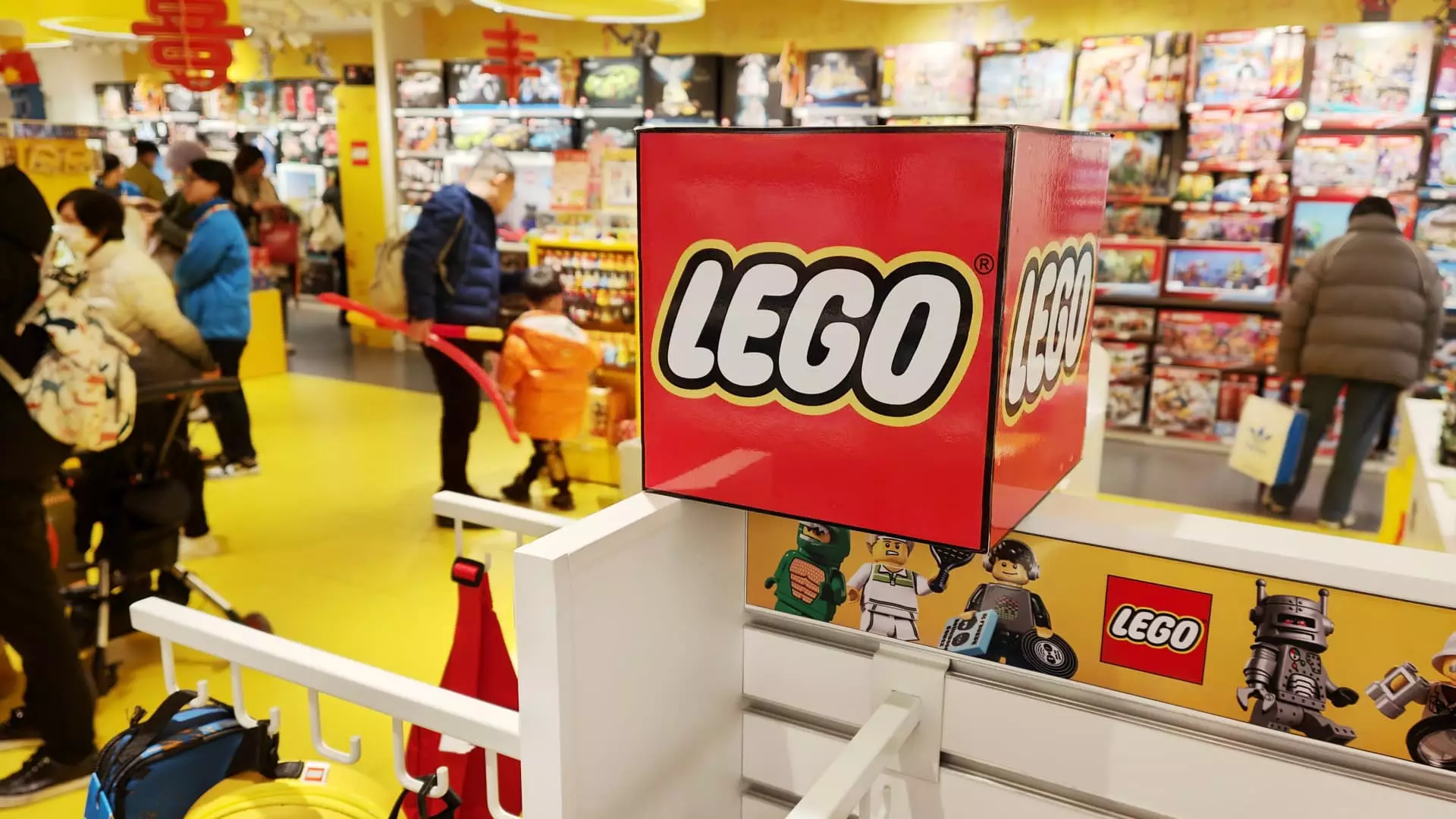In the midst of an inflation-fueled sales slump in the toy industry, Lego has emerged as a standout performer. The Danish toymaker reported a 13% increase in revenue during the first six months of 2024, reaching a total of 31 billion Danish krone, equivalent to about $4.65 billion. CEO Niels Christiansen attributes this growth to the strong performance across Lego’s portfolio, with particular emphasis on the success of Lego Icons, Lego Creator, and their partnership with Epic Games’ Fortnite.
While Lego is experiencing a surge in revenue, its rivals like Mattel and Hasbro are struggling to maintain their market share. Mattel saw a 1% decline in net sales, while Hasbro reported a staggering 21% decrease in net revenue for the first half of 2024. Mattel’s decline can be attributed to tough comparisons from the strong sales of “Barbie” in 2023, while Hasbro is still grappling with the aftermath of divesting eOne.
Lego’s success can be attributed to its diverse product range that caters to both kids and adults. In addition to sets based on popular franchises like Harry Potter and Star Wars, Lego offers innovative design options for consumers to build flowers, succulents, famous works of art, and animals. This diverse range of products has resonated well with consumers, leading to an increase in sales volume for the company.
Despite facing flat sales in China, Lego remains committed to expanding its presence in the region. Christiansen highlighted the long-term potential in China and emphasized the company’s plans for growth. In the first quarter alone, 20 out of 40 new Lego stores were opened in China, with an additional 20 planned for the second half of the year. This strategic focus on the Chinese market reflects Lego’s determination to capitalize on future opportunities in the region.
Apart from its financial success, Lego is also making significant strides in sustainability. Christiansen mentioned that the company has nearly doubled the use of renewable and recyclable materials in its bricks compared to the previous year. Despite the higher costs associated with sustainable materials, Lego has not passed on this expense to consumers. By investing in sustainable sourcing, Lego is not only enhancing its environmental impact but also creating incentives for suppliers to develop more eco-friendly products.
Lego’s ability to thrive in a challenging economic environment sets it apart from its competitors. With a focus on innovation, market expansion, and sustainability, Lego has positioned itself as a leader in the toy industry. As the company continues to grow and evolve, it remains committed to delivering high-quality products while staying true to its core values.

